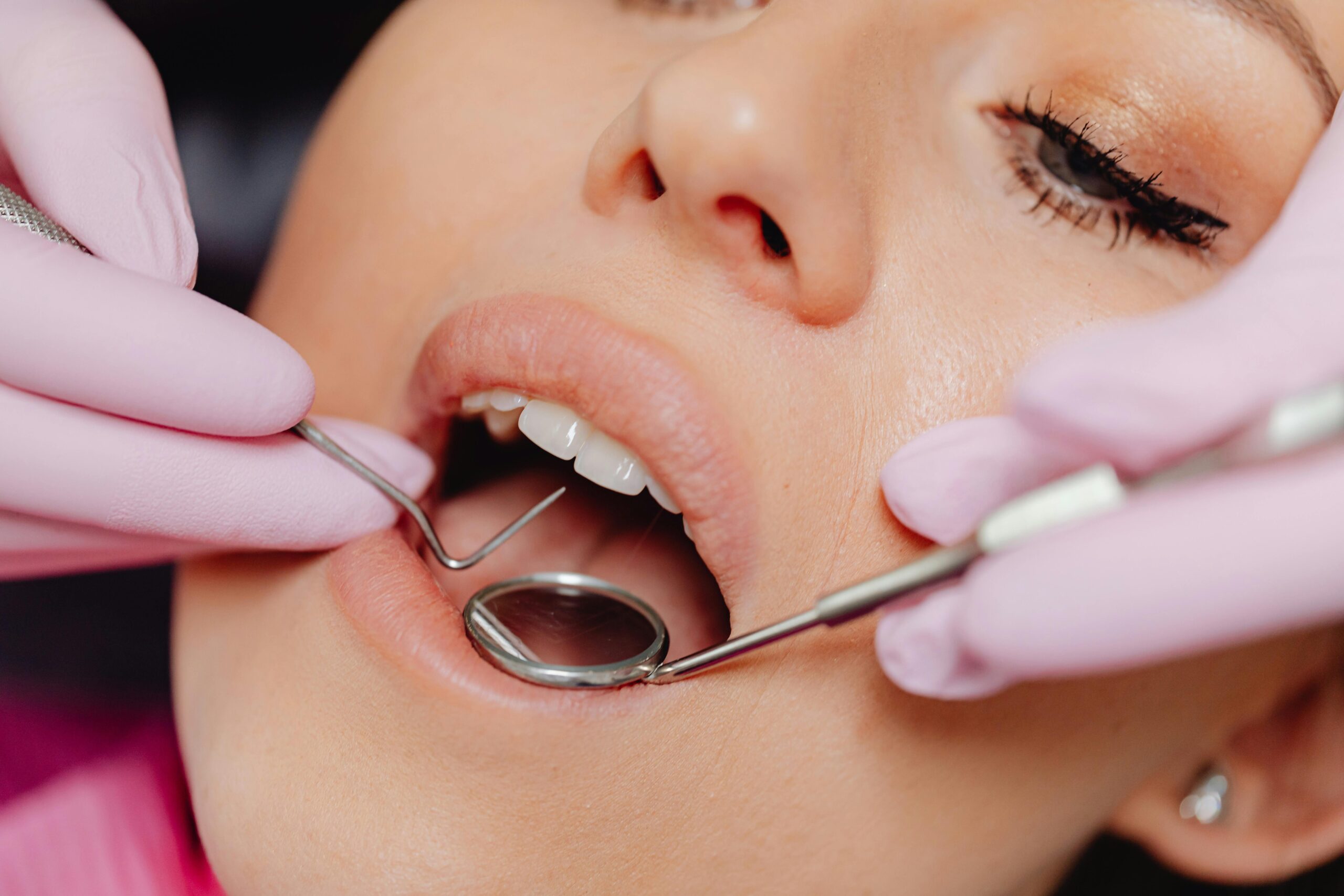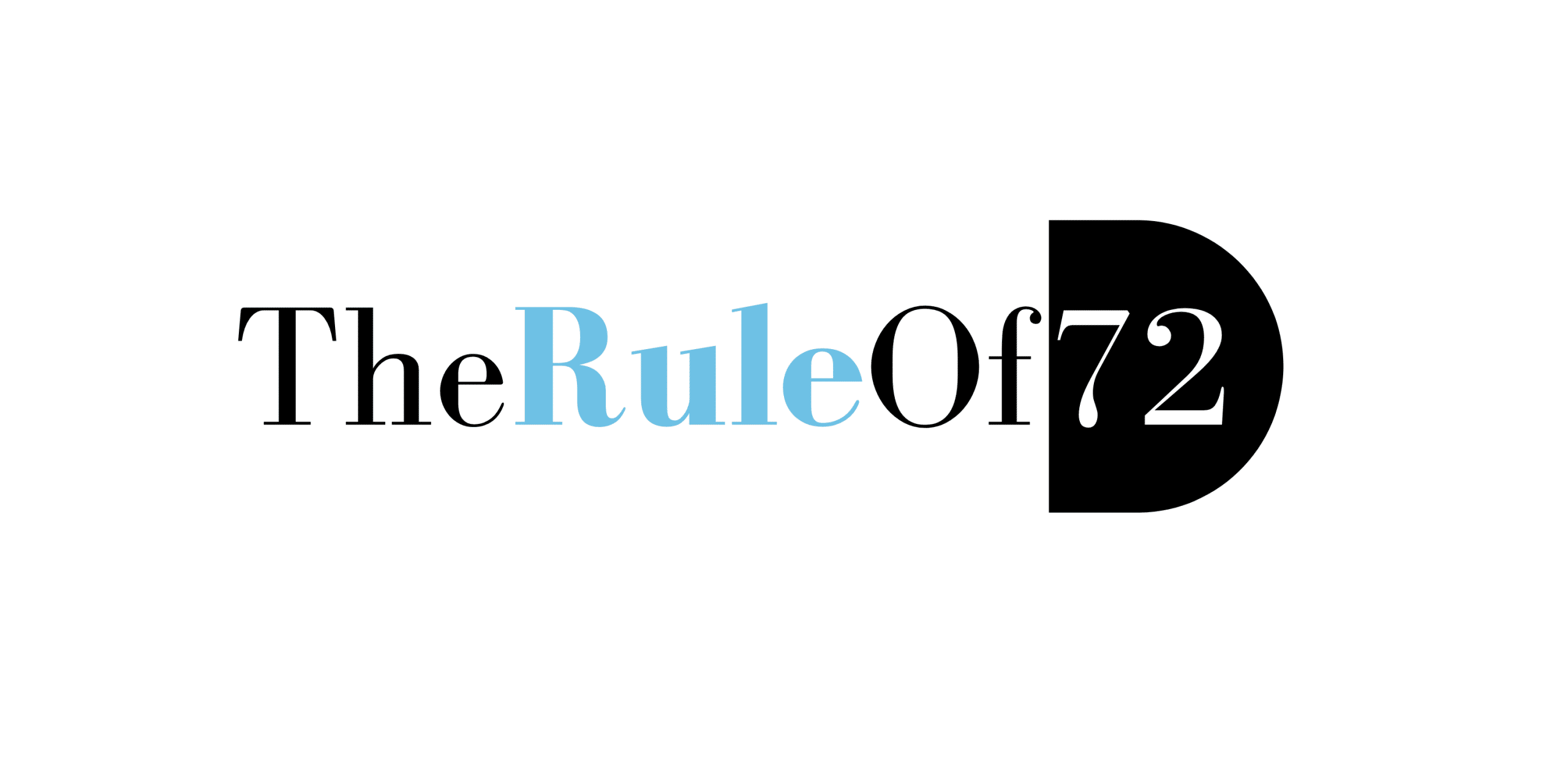Top 10 Benefits of Having Separate Dental Insurance

Having dental insurance can be a crucial component of your overall health coverage. While some people opt for bundled health plans that include dental coverage, standalone dental insurance offers unique advantages that can significantly benefit your oral health and financial well-being. Here, we explore the top 10 benefits of having separate dental insurance.
1. Comprehensive Coverage for Preventive Care
One of the primary benefits of having separate dental insurance is the comprehensive coverage it provides for preventive care. Regular dental check-ups, cleanings, and x-rays are typically covered at 100%, which encourages routine visits to the dentist. Preventive care is essential for maintaining good oral health, identifying potential problems early, and avoiding costly treatments in the future. Separate dental plans are designed to promote regular preventive care, which can lead to better long-term oral health outcomes.
2. Lower Out-of-Pocket Costs
With standalone dental insurance, you can significantly reduce your out-of-pocket costs for a variety of dental procedures. These plans often cover a large percentage of the costs associated with basic procedures like fillings, extractions, and root canals. For more extensive treatments such as crowns, bridges, and orthodontics, separate dental insurance can provide substantial financial assistance, making these necessary treatments more affordable.
3. Access to a Wider Network of Dentists
Standalone dental insurance plans typically offer access to a broad network of dentists. This extensive network can provide more options when choosing a dental provider that suits your needs. Whether you’re looking for a general dentist, a pediatric dentist for your children, or a specialist for specific treatments, having a wide network ensures you can find the right professional. Additionally, in-network dentists often have pre-negotiated rates with the insurance company, leading to lower costs for you.
4. Coverage for Major Dental Procedures
Major dental procedures, such as oral surgeries, orthodontic treatments, and prosthetic appliances like dentures and implants, can be incredibly costly. Separate dental insurance plans often provide better coverage for these major procedures compared to bundled health plans. This means you can receive the necessary treatments without facing overwhelming financial burdens, allowing you to maintain your oral health without sacrificing other financial needs.
5. Enhanced Benefits for Families
If you have a family, separate dental insurance plans can offer enhanced benefits tailored to your needs. Many standalone plans provide comprehensive coverage for children’s dental care, including preventive services, sealants, and orthodontics. By having a dedicated dental insurance plan, you can ensure that each family member receives the appropriate level of care tailored to their specific dental health needs. This is particularly important for children, as establishing good dental habits and receiving regular care can lead to a lifetime of healthy smiles.
6. Flexibility in Plan Options
Separate dental insurance plans come with a variety of options that allow you to choose a plan that best fits your needs and budget. Whether you need a basic plan that covers preventive and minor restorative services or a more comprehensive plan that includes major procedures and orthodontic care, standalone dental insurance provides the flexibility to select coverage that aligns with your specific requirements. This flexibility ensures that you’re not paying for coverage you don’t need while still receiving adequate protection for your dental health.
7. Improved Oral Health Outcomes
Regular access to dental care through standalone dental insurance can lead to improved oral health outcomes. Preventive care, such as regular cleanings and exams, helps to identify and address potential issues before they become serious problems. Early detection and treatment of dental issues can prevent more complex and expensive procedures down the line. By maintaining consistent dental care, you can enjoy healthier teeth and gums, which contributes to your overall well-being.
8. Specialized Coverage for Specific Needs
Standalone dental insurance plans often offer specialized coverage options for specific dental needs. For instance, if you require orthodontic treatment, many separate dental plans provide partial coverage for braces or other orthodontic appliances. Similarly, if you have unique dental health requirements, such as treatment for gum disease or coverage for dental implants, standalone plans can be tailored to include these specific benefits. This targeted coverage ensures that you receive the necessary care for your particular dental health needs.
9. Reduced Financial Stress
Dental procedures can be expensive, and the costs can quickly add up if you don’t have adequate coverage. Standalone dental insurance helps to mitigate these costs, reducing the financial stress associated with maintaining your oral health. By covering a significant portion of dental expenses, these plans allow you to focus on your health rather than worrying about the financial implications. This peace of mind is invaluable, especially when faced with unexpected dental issues that require immediate attention.
10. Support for Long-Term Dental Health
Investing in separate dental insurance supports your long-term dental health by providing consistent access to necessary care. Regular visits to the dentist, covered by your insurance plan, help to maintain your oral health over time. This consistent care is crucial for preventing serious dental issues and preserving your natural teeth for as long as possible. By prioritizing your dental health through standalone insurance, you are making a proactive choice that benefits you both now and in the future.
Conclusion
In conclusion, having separate dental insurance offers numerous advantages that can significantly enhance your oral health and financial stability. From comprehensive coverage for preventive care and major procedures to access to a wider network of dentists and specialized coverage options, standalone dental insurance provides the necessary support to maintain good dental health. The flexibility in plan options ensures you can find coverage that fits your needs and budget, while the focus on preventive care promotes better long-term oral health outcomes. By reducing out-of-pocket costs and financial stress, separate dental insurance allows you to prioritize your oral health without compromising other aspects of your life.
Investing in a standalone dental insurance plan is a proactive step towards ensuring you and your family receive the best possible dental care. Regular dental visits, early detection of issues, and access to necessary treatments contribute to healthier teeth and gums, which in turn, support your overall well-being. Don’t underestimate the importance of dedicated dental coverage – it’s an essential component of a comprehensive healthcare plan that can lead to a lifetime of healthy smiles.





